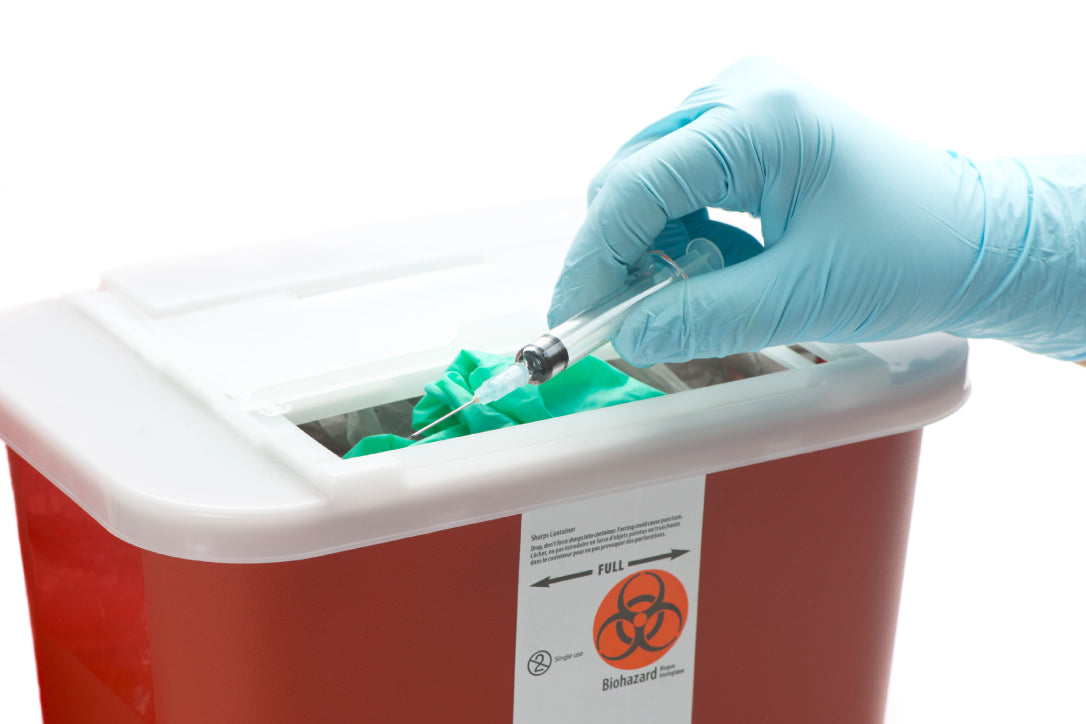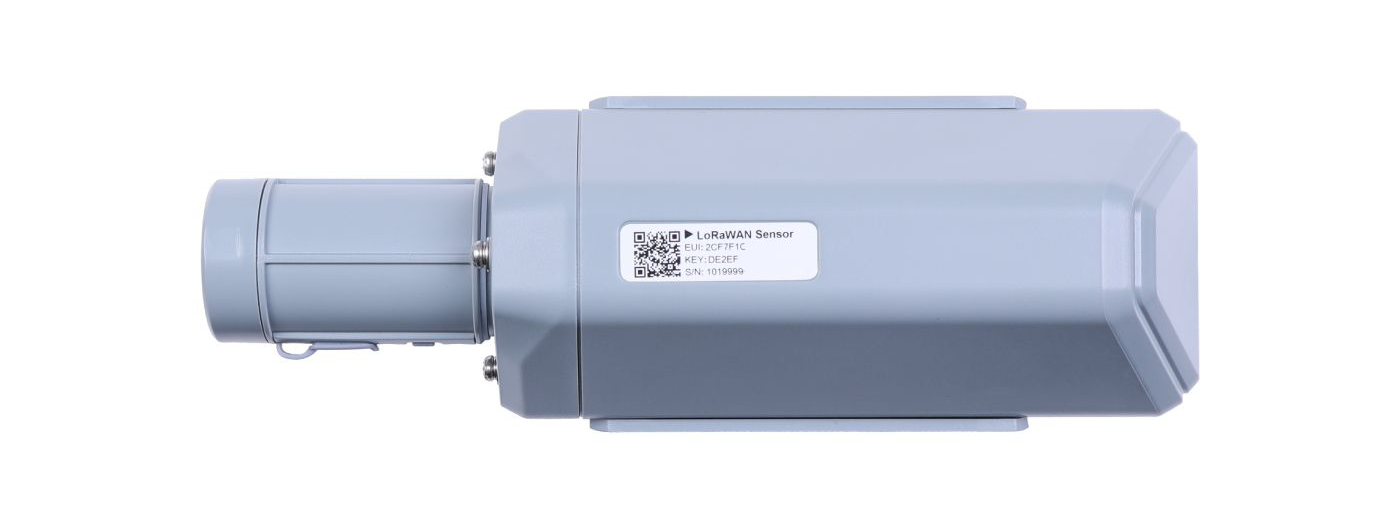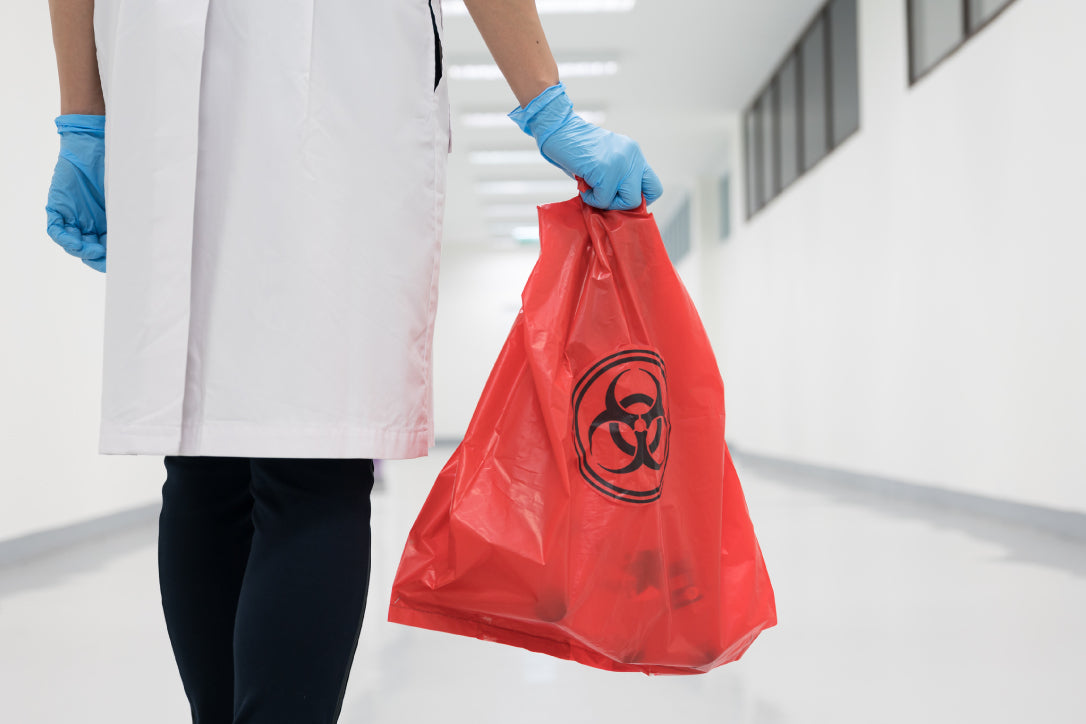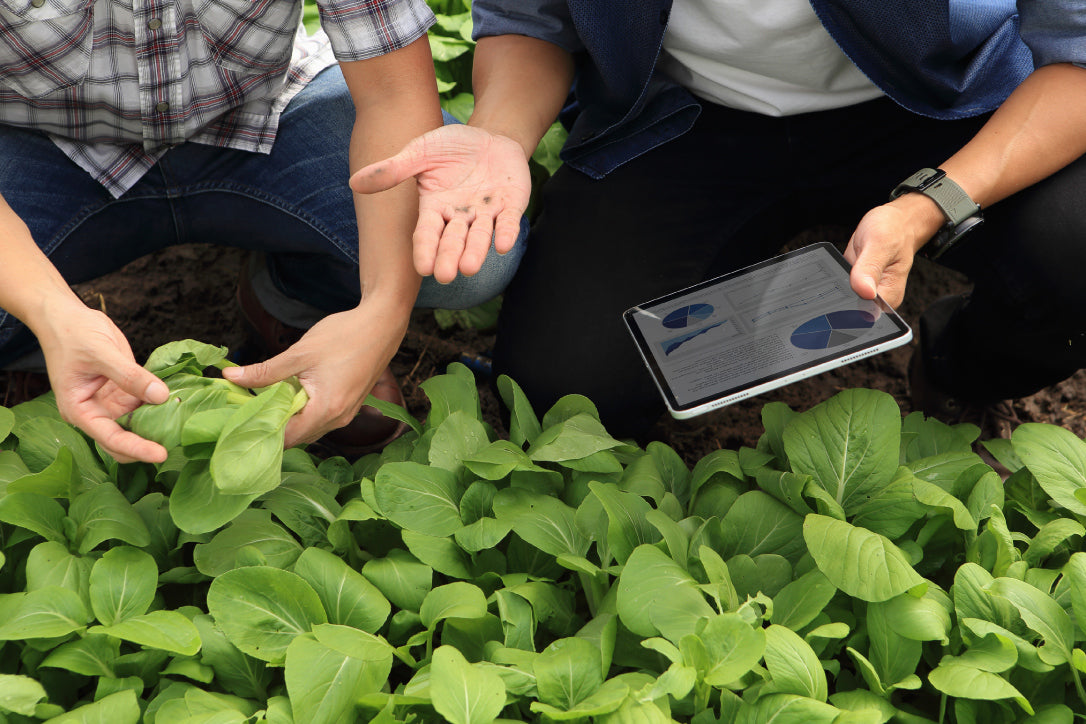Waste Management Responsibility
Pharmaceutical manufacturing and storage units as well as healthcare facilities, generate a significant amount of waste, including chemical by-products, unused medicines, and disposable PPE, which poses considerable health and environmental risks. Efficient waste management is paramount in these sectors, where according to WHO, high and low-income countries generate approximately 0.5 kg and 0.2 kg of hazardous waste per hospital bed per day respectively. In response to this challenge, IoT emerges as a beacon of hope. Smart technology has the potential to overhaul existing waste management protocols, making them more effective, environmentally sustainable, and eco-friendly.

Moreover, the responsible disposal of waste is not only a legal obligation but also a crucial step towards protecting human health and the environment. Smart systems present an innovative solution for augmenting waste management strategies and fostering safer and more compliant disposal mechanisms. The dynamic nature of IoT facilitates continuous refinement and innovation in waste management, marking it as a formidable ally in addressing the challenges posed by pharmaceutical waste.
Tracking from generation to disposal
The application of smart solutions from EUCA can be pivotal in enabling real-time tracking and monitoring of hazardous biomedical waste from its generation to its final disposal. This technology can ensure compliance with regulatory guidelines and possibly reduce the risk of illegal dumping or mishandling.
Globally, waste management companies are increasingly adopting industrial IoT systems to monitor waste, vehicles, and drivers, optimising all aspects of the key services provided. One such option for efficient monitoring is an asset tracker from EUCA which contains a long-range GPS module leveraging the benefits of LoRaWAN allowing users to send data over extremely long ranges at low data-rates. Furthermore, the widespread utilisation of smart devices for optimising logistics has greatly benefited waste data collection, leading to notable enhancements in operational efficiency.
Smart Waste Containers
Smart waste containers play a crucial role in modern healthcare facilities. These smart containers monitor and report real-time fill levels one such example is the Ultrasonic Distance/Level Sensor from Milesight, this helps to prevent overflows and optimise collection schedules, thereby reducing contamination risks and improving overall hygiene.
"Fill level detection through IoT sensors revolutionises waste management, optimising collections, preventing overflows, and achieving cost savings."
Integrating local waste level monitors can be a highly effective approach in establishing a smart waste management system. These devices accurately measure and monitor the waste levels in bins, relaying this data to collection providers. As a result, the waste management service is promptly notified when the bins reach their capacity, allowing for improved collection planning. This proactive approach helps avoid premature emptying or overfilling of bins, optimising the waste collection process and enhancing overall efficiency.
Expanding smart vision
Camera-based monitoring offers a valuable solution for healthcare and pharmaceutical industries to closely track waste generation, disposal practices, and regulatory compliance. By implementing this technology, organisations can swiftly identify and rectify any instances of non-compliance or safety issues, ensuring the appropriate handling and disposal of medical and pharmaceutical waste. This proactive approach significantly reduces the risk of contamination and minimises the environmental impact associated with improper waste management.
In addition, the combination of camera-based monitoring and AI has been transformative in enhancing the efficiency of healthcare waste recycling and disposal processes. This Vision AI Sensor which supports image recognition and target detection can help with classifying various types of materials, this can significantly boost productivity, safety, and the quality of recoverable materials.
Predictive Analysis for Waste Reduction
The integration of smart technology capabilities with data analytics is transformative for healthcare facilities, providing valuable insights into waste generation patterns. This enables predicting future waste production and managing it more efficiently. Moreover, IoT facilitates real-time tracking and management of drug inventories, reducing pharmaceutical waste by minimising expired and unused medications.
This enhancement in waste management practices leads to a significant reduction in environmental impact and improved compliance with regulations. Advanced technology eliminates unnecessary administrative tasks through digitisation, streamlining the waste management process.
"The future of waste management lies in the seamless integration of IoT, where intelligent technologies and data analytics converge to create a more sustainable and efficient approach towards waste handling."
The integration of smart technology with data analytics has transformed waste management in healthcare. It enables insights into waste generation patterns, predicts future production, and optimises resource utilisation. Real-time tracking of drug inventories reduces pharmaceutical waste. This approach minimises environmental impact, improves compliance, and streamlines the waste management process.
If you would like to learn more about smart waste management, don't hesitate to reach out to us. Together, we can revolutionise waste handling, protect the environment, and ensure a healthier future.




